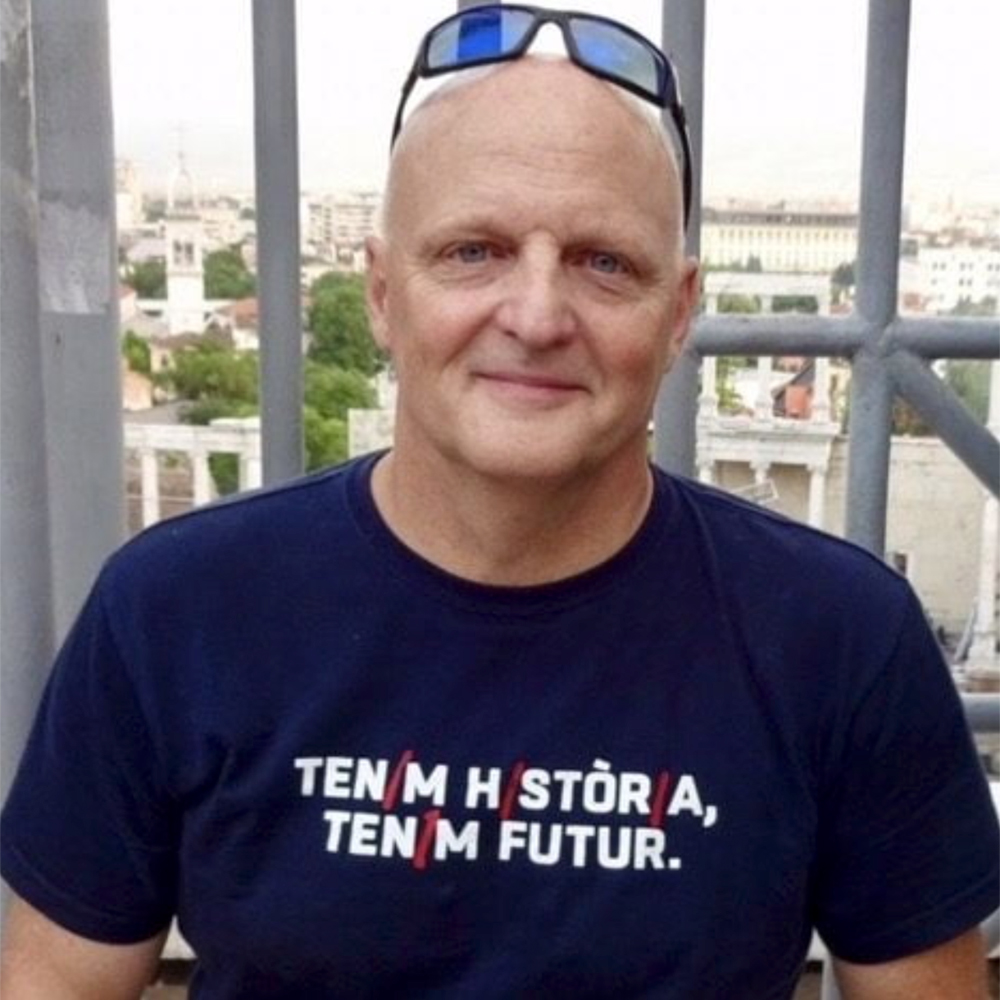This past week the Tampa Bay Rays staged a Pride Night designed, as the club’s president Matt Silverman said, to show that at “our games that the LGBTQ+ community is invited, welcomed and celebrated.” And as part of the event, they asked the team’s players to wear specially designed LGBTQ+ rainbow hats during the game.
Nice touch. Right? After all, who could be against the idea of affirming people’s right to do whatever they want with their bodies and to develop a lifestyle in consonance with those urges? Certainly not me.
But what if it’s not that simple? What if the standard reasoning for staging such events—to promote tolerance and a respect for difference—has a darker side that no one really wants to talk about, and that very much feeds into encouraging the enormous breaches of civility that we have witnessed in our culture over the past two plus years?
When it comes to judging electoral systems, one of the key indicators of their health is the degree to which citizens are guaranteed privacy when casting their votes. The reason is clear. Privacy and anonymity in voting insure that individual citizens can’t be singled out and punished by those in presently in power who just might not like the political program they have chosen to endorse with their votes.
The guarantee of a secret ballot also speaks to a broader if at times less explicitly articulated democratic principle, one emphasized again and again in the work of Hannah Arendt: that there is, and should always be a clear barrier between the private and public spheres of our lives.
Put another way, no one whom I have not voluntarily invited into my inner circle of trust should have the right to cast judgment upon me for the things I read, or the speculations I conjure while sitting in my easy chair at home.
The only thing that should be a licit target for the praise or reproach of others is my legal, moral and intellectual comportment in the public square.
This is why it is considered taboo, when not patently illegal, to ask certain personal questions during job interviews.
But what happens when a powerful entity with the ability to heavily condition the lives of citizens embraces clearly ideological constructs, like say, the positive celebration of LGBTQ+ rights, or the essential infallibility of CDC guidance in public health matters, as its official policy?
On first inspection, it would seem there is nothing to worry about. After all, what organization does not implicitly embrace some ideological posture or another?
The problem comes when the people who have power in the organization openly demand a public affirmation of the chosen ideological construct, or more diabolically, set up a situation wherein the employee or citizen is forced to choose between violating their conscience (by publicly professing an adherence belief to which they do not subscribe) or outing themselves as a dissident to company policy, with all that that implies in terms of inviting possible reprisals from the power holders.
This is, in effect, what was done in almost all the totalitarian dictatorships of the last century.
And this is what the Tampa Bay Rays did to their players the other night by asking that they make a symbolic statement (through the wearing of an LGBTQ+-themed hat) in favor of a political and ideological construct that has no clear relationship to the job they were hired to do.
As it turns out, five of the players on the team refused to do so, on the basis, it appears, of their religious beliefs. They have been widely criticized for doing so, with the NYT saying their actions “undercut” the ideological celebration planned by the ownership.
Get it? Freedom of conscience is out. The real responsibility of the players, according to the Gray Lady, was to seamlessly parrot the wholly extraneous ideological line of their employer whether they believed in it or not.
The truth is they should have never, ever been put in that position.
This, just as no one on a job interview or performance review should ever be asked about the details of their religious observance, their particular political activities, or what they do in their bedroom with self or other.
The trend toward this brand of “coerced solidarity” carries with it the additional problem of suggesting to the citizenry that what we say or express symbolically is more important than what we do.
I don’t know how the five players have treated the LGBTQ+ people with whom they’ve crossed paths in life. And neither, I suspect, do any of the people who are now criticizing them for their failure to publicly identify with the team’s chosen ideological program.
While it might be striking news for the many young people who have come of age in the era of online media mobbing, it’s perfectly possible for people to have a strong moral conviction about something and treat people who in their mind violate it with kindness, courtesy and even friendship. It is also possible for a person of a particular ideological persuasion to treat someone who shares their belief system and issues all the right words and symbols used to affirm it, quite abominably.
Why did the management of the Tampa Bay Rays seemingly feel perfectly empowered to impose a public loyalty test—one that would have been unthinkable as recently as a few years ago—upon their employees?
Because for the last two plus years they have watched their own government, working in conjunction with a wholly co-opted media do precisely this to the US citizenry.
Official ideological positions; that is, positions that are presented as unquestioningly good for all and thus above debate now regularly emanate from our government and have their effectively transcendent status vigorously defended by the media. The process looks something like this.
- First comes a policy which, as I have said, is described by the government and its media handmaidens as being resolutely for the common good, and as such, beyond any reasoned debate regarding its advisability and efficacy.
- A talisman is developed and deployed (a useless mask, a vaccine card) to serve as a visible marker of the citizen’s conformity to the supposedly wholly beneficent and thus fundamentally undebatable ideological program.
- As expected, a minority of the society questions whether the project in question is as immaculately conceived and wholly altruistic as they are being told. And they often express their discontent by eschewing the implied demand to sport the government’s talisman of ideological conformity.
- In so doing, they effectively “out” themselves as “problematic” before their more pliant fellow citizens.
- This delights the cynical elites who have set the whole festival of officialist virtue signaling in motion, as it provides them with a readily identifiable symbol of hate-worthiness, a vast field of humanoid bloody socks if you will, with which to further inflame the passions of the great mass of conformists.
- Seeing the very real possibility that they too might be subject to a moral lynching, other nonconformists will naturally think twice about violating the verbal and semiotic codes of compliance in the future.
- The officialist ideology thus takes on an appearance of popularity that it does not in fact have in reality which, in turn further convinces other possible nonconformists of the futility of seeking to resist it.
- Lather, rinse and repeat.
Where to go from here? I’m not exactly sure. However, I think I know of a couple of good places to start.
The first is to remind people again and again that in a halfway functioning democracy nothing is ever beyond debate for the simple reason that no one or no corporate entity, no matter how powerful they may appear, has a monopoly on wisdom, truth, or morality.
The second is to revive a simple practice that was known to, and modeled by, all the adults in my extended family when I was a kid, but that seems to have been largely forgotten under the pressures of an online culture that assumes the information from our inner lives is there to be plundered for profit of others.
What is it?
When someone asks you to share something that is not theirs to know, and could be used by unscrupulous others to defame or control you, you look them straight in the eye and exclaim in sharp tones and without the slightest hint of a smile: “It’s none of your damn business.”
Join the conversation:


Published under a Creative Commons Attribution 4.0 International License
For reprints, please set the canonical link back to the original Brownstone Institute Article and Author.









